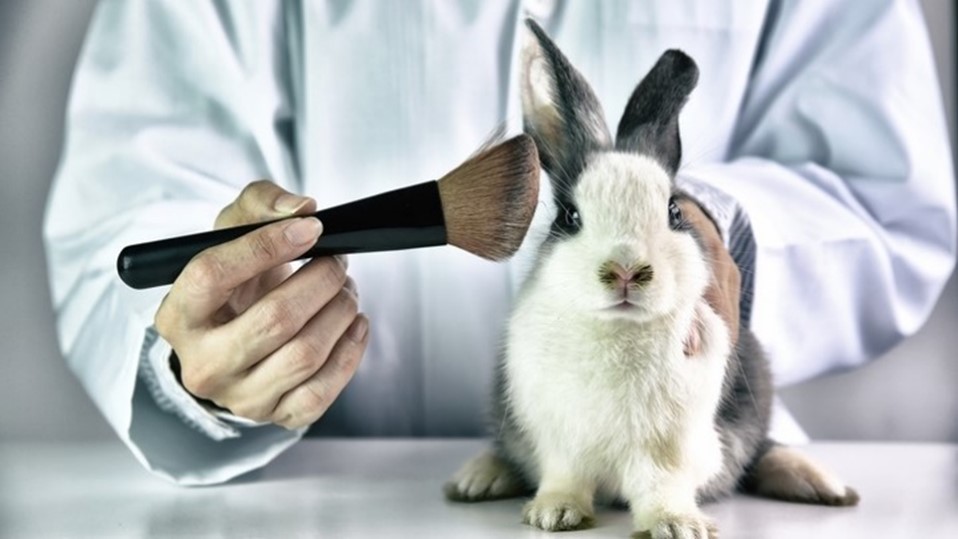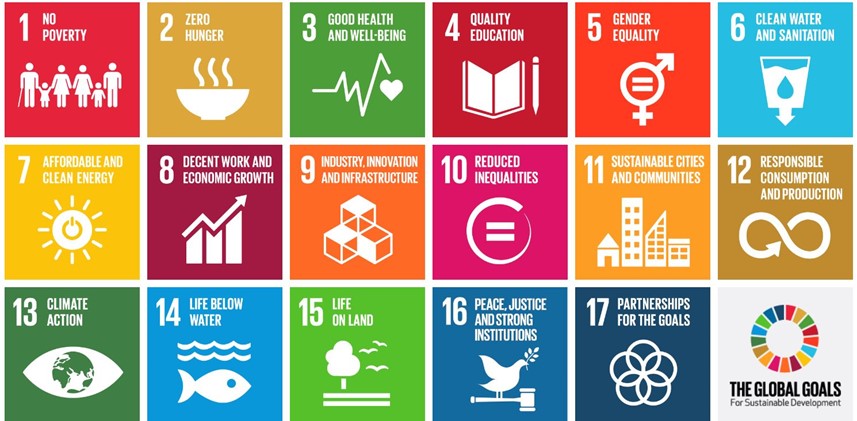The Triple bottom line (3P) in the beauty industry
Triple bottom line
Our future is unknown, the global population is expected to reach over 9 billion people by 2050, and our climate continues to change, causing extreme global weather events, warming and acidification of our oceans, while these factors coupled with humanity’s thirst for material commodities have created unprecedented historical uncertainty. Therefore, the concept of ‘sustainability’ or ‘green business’ appear and give awareness to the nations that they have to find ways to grow their economies without destroying the environment or sacrificing the well-being of future generations. Growing numbers of companies using the framework Triple Bottom Line (Planet, People and Profit) to evaluate and report their performance in the environmental, social, and economic spheres. In short, measuring a business using the Triple Bottom Line method is one of the best markers of how sustainable or how profitable is that business, including the beauty industry.
Environmental Factors
The environmental aspects include managing, monitoring, and reporting a business’s consumption, waste, and emissions. Environment sustainability is to maintain or at least not deplete the natural capital such as water, forest, atmosphere, which can be renewable or non-renewable. In this era where everyone places great emphasis on the appearance of people, beauty products like cosmetics, shampoos, conditioners are often used for a good looking and nice appearance. Reports are showing that more than 120 billion units of plastic packaging are produced every year by the global beauty industry, and it takes hundreds of years to be fully decomposed. Apart from that, some of the beauty brands like Maybelline, Dior and NARS still test their products on animals such as mice, rabbits and guinea pigs, which cause them to suffer through evaluations for skin irritation, eye irritation and any kind of toxicity.

Social Factors
The second component of the triple bottom line highlights a business’s societal impact or its commitment to people. Traditionally, businesses have favoured shareholder value as an indicator of success, meaning they strive to generate value for those who own shares of the company. As firms have increasingly embraced sustainability, they have shifted their focus toward creating value for all stakeholders impacted by business decisions, including customers, employees, and community members. For instance, a beauty brand Lush, enhance ethical buying policy by focusing on workers’ rights, health and safety, child labour issue and workers’ freedom before purchasing any raw ingredients. Firms in society play a pertinent role in bringing equity into the surroundings. Many experts adhere to the implementation of CRS (Corporate Social Responsibility) to give back to the community, provide positive social value and build a good reputation for the company. CSR can be much more than a cost, a constraint, or a charitable deed, it can even be a source of opportunity, innovation and competitive advantages. CSR projects can be a variety of things, including disadvantages child sponsorship or civil rights advocacy or even funding for the poor.

Economic Factors
Sustainability is all about maximising welfare besides traditional profit when viewed through the economic prism. The United Nations (U.N.) created Sustainable Development Goals (SDGs) that ensure all human beings can enjoy prosperous and fulfilling lives and that economic, social and technological progress occurs in harmony with nature. Companies can reach their financial bottom line by implementing company tax policy, for example, most beauty companies pay a certain amount of tax in every country in which they operate. Besides that, fair trade of raw ingredients is also an important indicator that shows the company is concerned about growing a sustainable business.

Conclusion
Consumer interest in sustainability is driving growth for brands that have embraced eco-consciousness today. This will only accelerate in the future. Incorporating transparency, social awareness, and ecological initiatives into your brand’s DNA will drive future growth.


